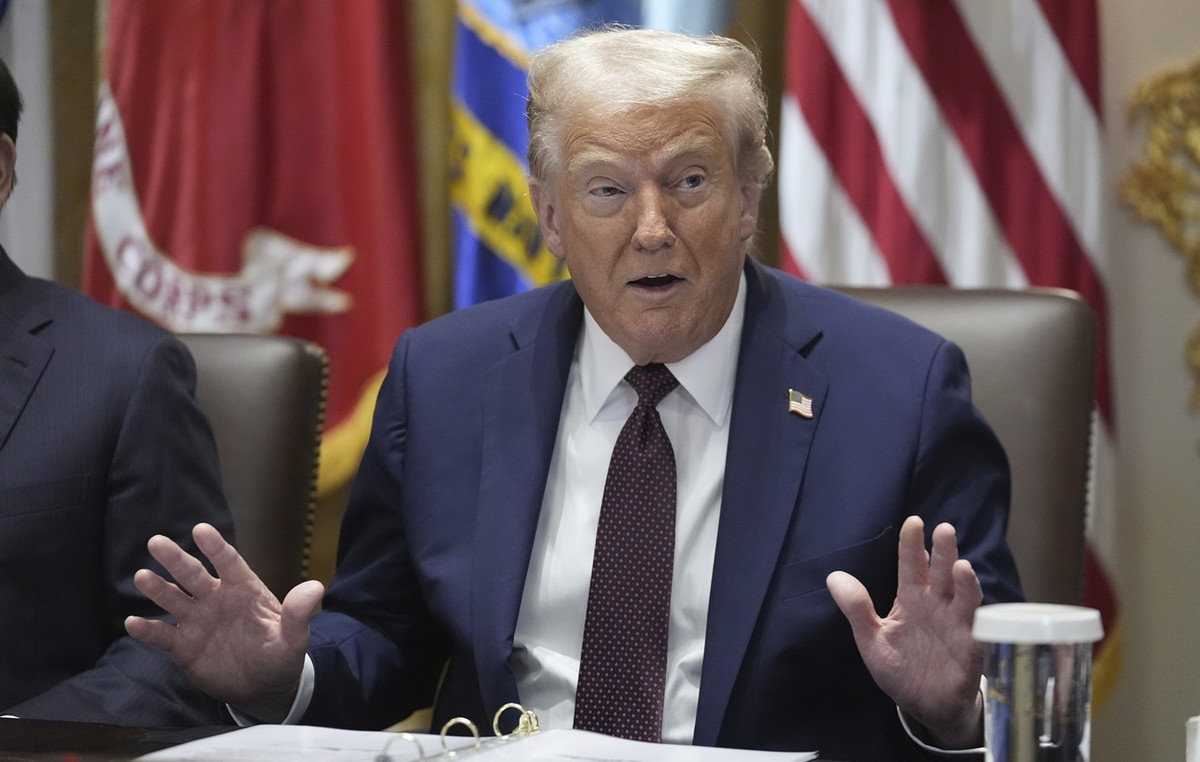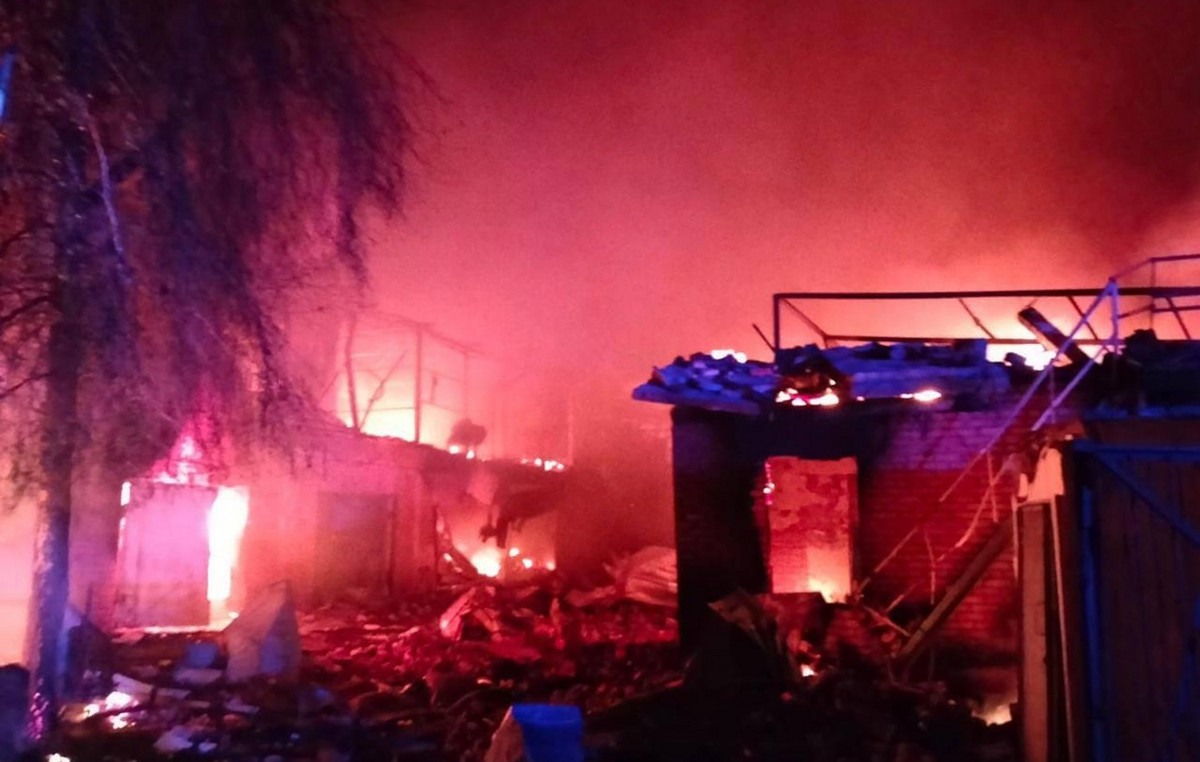A survey by the Instituto Ipec Inteligência points out that, in 2021, illegality accounted for 48% of all cigarettes consumed in Brazil, of which 39% were smuggled, mainly from Paraguay, and 9% produced in Brazil by manufacturers classified as “constant debtors”. ” of taxes.
It is estimated that 53.1 billion illegal cigarettes circulated in Brazilian cities in the last year. In the last 10 years, more than R$ 86 billion were not collected in Brazil because of the illegal market.
The loss in tax evasion of illegal cigarettes is R$ 10.2 billion. This amount, if converted into benefits for the population, according to the survey, could be used to build 110,000 units of affordable housing. The survey is published by the National Forum Against Piracy and Illegality (FNCP).
An illicit cigarette is up to 65% cheaper than a legal product. The illegal product costs around R$ 4.60, while the legal product, produced under the rules of the National Health Surveillance Agency (Anvisa), is sold by law from R$ 5, but can reach the consumer for up to BRL 7.61.
In addition, according to the survey, 88% of illegal cigarettes are sold in formal businesses, such as bars, bakeries and grocery stores.
According to the institution, the pandemic scenario and the rising dollar contributed to the fact that the illegal cigarette market remained relatively stable in the last two years, going from a market share of 49% to 48%, after an unprecedented drop of 8 percentage points in 2020
Conducted since 2014, the Ipec (formerly Ibope) survey has a national scope and, in this edition, was carried out from July to November 2021.
Face-to-face interviews were conducted with 50,975,000 smokers aged 18 to 64 years, living in municipalities with 20,000 inhabitants or more.
Source: CNN Brasil
I am Sophia william, author of World Stock Market. I have a degree in journalism from the University of Missouri and I have worked as a reporter for several news websites. I have a passion for writing and informing people about the latest news and events happening in the world. I strive to be accurate and unbiased in my reporting, and I hope to provide readers with valuable information that they can use to make informed decisions.







